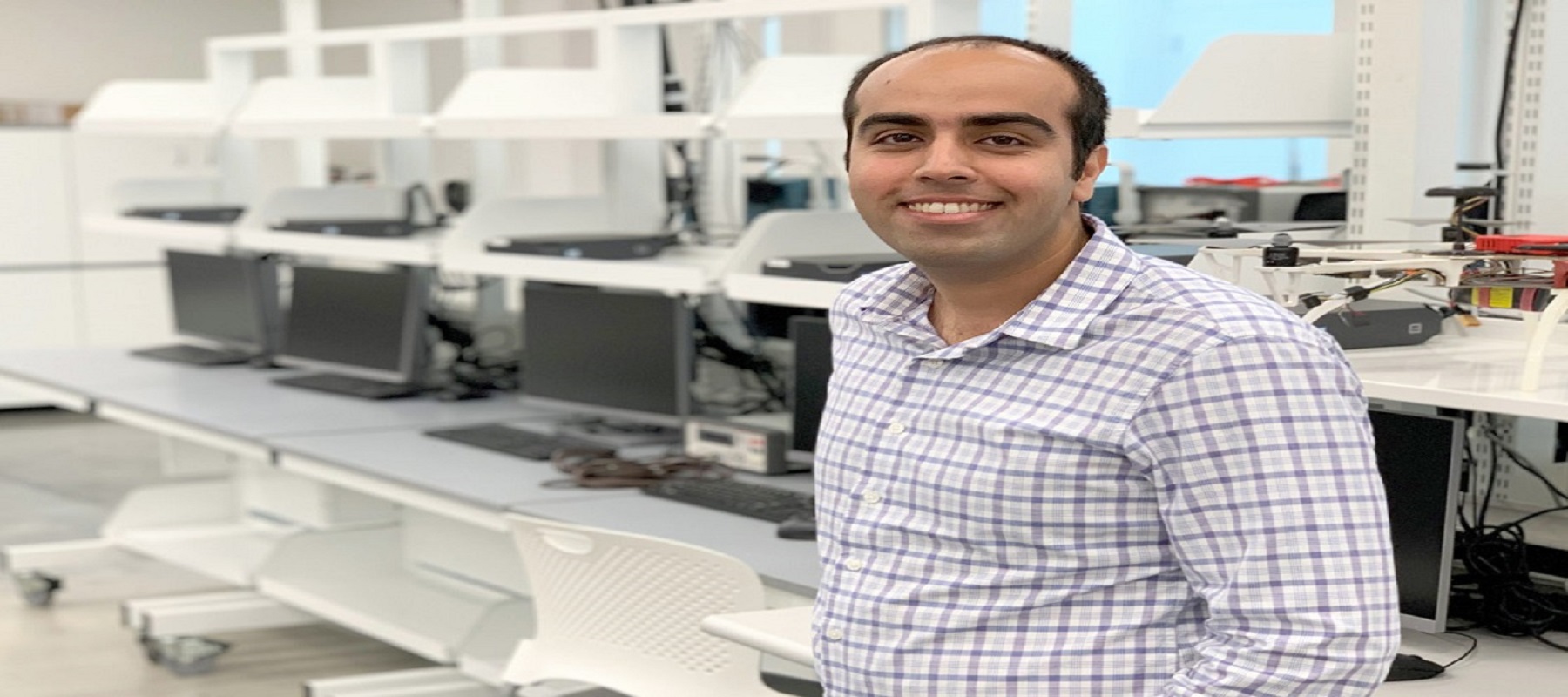“RANCS is using newly invented attacks to improve the security and resiliency of cyber-physical systems (CPS), such as autonomous vehicles, unmanned aerial vehicles, and power systems.
As today’s CPS evolve and become more complex, they also grow increasingly more vulnerable to attacks. Dr. Arman Sargolzaei, assistant professor of electrical engineering, has been awarded a grant from Cyber Florida to research this imminent threat by defining those weaknesses and designing stronger systems against different types of threats.
One of the possible attacks is called Time Delay Switched (TDS) and consists of a hacker inserting a time delay into a networked control system. In the case of autonomous vehicles, Sargolzaei said this could affect the critical immediacy in which controllers receive information, impacting sensor function and potentially leading to accidents.
“These attacks represent major safety issues in the future,” said Sargolzaei. “If your bank account is hacked, that causes serious financial problems. But if your autonomous vehicle is hacked, we could be talking about life-threatening consequences.”
The idea of the TDS attack was invented by Sargolzaei and his collaborators, and there is a patent on ways to detect and respond to it. Another possible attack being used to test the CPS is called False Data Injection. Part of the project creates a Random Attack Generator that would combine these two types of attacks, to generate many possibilities of intrusions to the system.
“Hackers might use these new kinds of attacks in the future and we don’t want to wait for that to happen to then figure out what to do,” said Sargolzaei. “We need to be creative on how we can get ahead of them.”
Sargolzaei said the research is also part of Florida Poly’s Advanced Mobility Institute’s (AMI) efforts to develop and test autonomous vehicle technology in the state.
“Cyber-attacks, in general, are a big problem, but the focus is usually on cybersecurity, more on the software side of things,” said Sargolzaei. “But when it’s about the security of cyber-physical systems, we’re talking directly about people’s safety.”
The research project has the collaboration of Dr. Navid Khoshavi, assistant professor of computer science at Florida Poly, and Dr. Kan K. Yen, professor of electrical engineering at Florida International University.”
Source: Florida Polytechnic University
News covered by:
https://i-hls.com/archives/90182
https://www.abc-7.com/story/40171461/making-autonomous-vehicles-more-secure-many-attacks-at-a-time
http://www.autoweekly.com.cn/news/2019/0401/0116651.html

